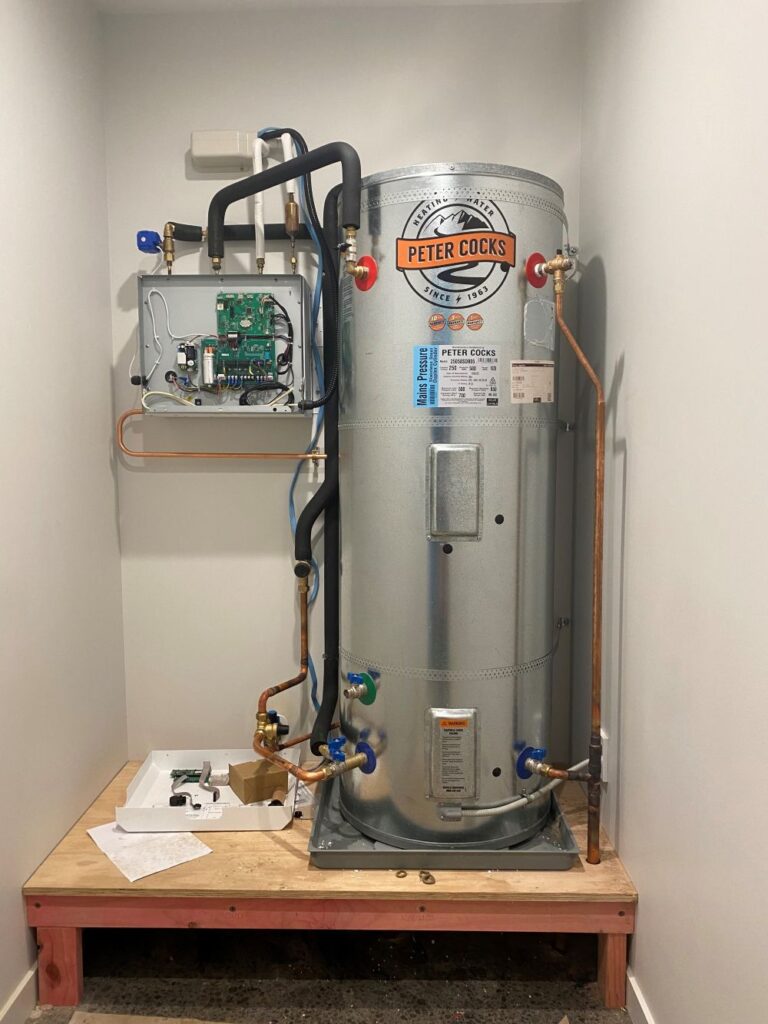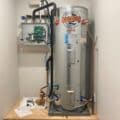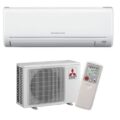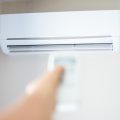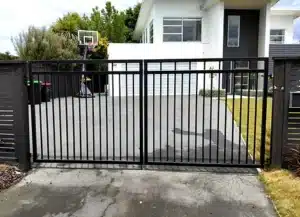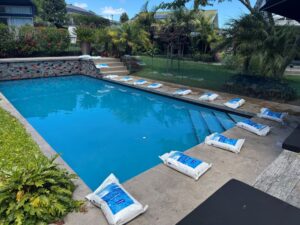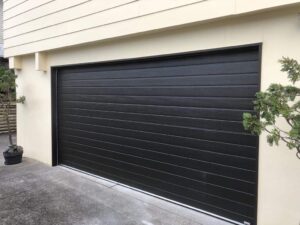Understanding the Hot Water Needs of Whanganui Households
When selecting a hot water system for your Whanganui home, it’s essential to begin with a realistic understanding of your household’s hot water demand. Whanganui, with its seasonal climate and a wide mix of housing styles, presents unique factors to consider.
Household size, number of bathrooms, daily routines, and appliance use all affect which system will deliver consistent performance. A large family that runs multiple showers, a dishwasher, and a washing machine in the mornings will require a far more robust system than a single-person household.
Additionally, water usage habits, such as long showers or frequent baths, can increase hot water demand significantly and may influence whether a storage tank or continuous flow system is more appropriate.
Assessing Household Size and Water Usage Patterns
Accurate estimation of your hot water needs will prevent under-sizing or over-investing in a system that doesn’t match usage. Smaller homes or units may do well with electric or gas instantaneous systems, while larger properties might need a high-capacity storage tank or a combination of solar and electric backup.
Understanding usage peaks, such as morning rush hours or evening baths, helps determine the system’s required recovery rate, which is how quickly it can reheat water once depleted.
Considering Local Climate and Water Quality Factors
Whanganui’s coastal location means relatively mild winters and good solar potential, which makes renewable systems like solar or heat pumps more viable. However, exposure to salty sea air can accelerate corrosion in outdoor systems, and mineral levels in the local water supply can impact system longevity.
These local environmental factors should guide your selection, especially when balancing efficiency with durability.
Overview of Hot Water System Types Available in Whanganui
There are several main types of hot water systems available in Whanganui, each suited to different household needs and energy sources. Choosing the right one depends not only on performance but also on installation feasibility, operating costs, and energy efficiency. Most homes use electric, gas, solar, or heat pump systems, and each type has variations worth exploring.
Electric Hot Water Systems
Electric systems are among the most common due to their low upfront cost and ease of installation. They work well in smaller households or where space is limited, and many are connected to off-peak tariffs to reduce running costs. However, they tend to be more expensive to run in the long term compared to gas or renewable alternatives, especially in larger households.
Gas Hot Water Systems
Gas water heaters provide a reliable and efficient source of hot water, especially in homes with consistent demand. Available in both storage and continuous flow models, gas systems deliver faster heating times and usually lower running costs than electric models. They’re an excellent option for homes with natural gas connections or room for LPG cylinders.
Solar Hot Water Systems
Solar hot water systems use roof-mounted panels to capture energy from the sun and heat water, typically stored in a cylinder. They are one of the most energy-efficient systems available and can significantly reduce power bills. Whanganui’s decent solar exposure makes these systems a solid long-term investment, especially with government rebates or EECA incentives.
Heat Pump Water Heaters
Heat pumps extract warmth from the air and use it to heat water, making them extremely energy-efficient. They perform well in Whanganui’s moderate climate, but they do require space and proper ventilation for effective operation. Although more expensive to install, the long-term energy savings can be significant.
Continuous Flow vs Storage Tank Systems
Continuous flow systems heat water only when needed, ensuring you never run out. They are compact, energy-efficient, and perfect for households with variable usage. Storage tanks, while more traditional, are still widely used and can be ideal for predictable, steady usage patterns. However, they do have the limitation of running out if hot water is used faster than it can be reheated.
Key Factors to Consider When Choosing a System
Several practical considerations will influence which system is best for your home. These include the initial purchase and installation costs, ongoing running expenses, system lifespan, energy source availability, and environmental impact. Matching the right system to your home ensures efficiency, performance, and value for money.
Initial Cost vs Long-Term Running Costs
Electric systems typically cost less to install but can become more expensive to run over time. Solar and heat pump systems, while more costly upfront, offer savings on power bills and long-term returns through energy efficiency. When budgeting, factor in the total cost of ownership over at least a 10-year period.
Energy Efficiency and Environmental Impact
Homeowners in Whanganui increasingly prioritise sustainability. Systems with high energy star ratings or that use renewable sources like solar and ambient heat reduce greenhouse gas emissions and qualify for energy incentives. These systems also help future-proof your home against rising energy costs.
Installation Space and Structural Compatibility
Not all homes have the space or structure to accommodate every type of system. Solar panels require sufficient roof space and correct orientation, while gas systems need safe outdoor clearance. Heat pumps also need airflow and positioning considerations. A site inspection helps identify viable options.
Water Pressure and Temperature Control
Modern systems generally offer better control over temperature and pressure, improving comfort and safety. For homes with low mains pressure, upgrading to a mains-pressure-compatible system can make a noticeable difference in shower performance and appliance operation.
Comparing Hot Water Systems for Whanganui Homes
The right hot water solution will vary depending on your home’s size, age, and location. With the wide mix of newer and older homes in Whanganui, the key is matching the system’s capacity and features to household demands and the physical layout of the property.
Suitability for Different House Types (Apartments vs Family Homes)
Apartments and small homes often favour compact systems like electric cylinders or gas continuous flow units that can be wall-mounted. Larger homes, especially with multiple bathrooms, typically benefit from storage-based gas systems or high-capacity heat pumps. For rural homes, solar may be the most cost-effective due to fewer power restrictions.
Performance During Whanganui’s Seasonal Changes
A well-chosen system should perform efficiently throughout the year. Gas and electric systems offer reliable output in all seasons, while solar and heat pumps may need boosting in winter. Understanding how each system handles Whanganui’s cooler months ensures year-round hot water reliability.
Availability of Local Support and Servicing
Sticking to well-known brands with established service networks in Whanganui ensures parts and support are easily accessible. Consider the long-term availability of technicians, warranties, and local supplier relationships when choosing a system.
Local Regulations and Energy Efficiency Standards
All installations in Whanganui must comply with New Zealand’s Building Code and local plumbing regulations. These rules ensure your hot water system operates safely and efficiently while meeting environmental standards.
NZ Building Code Requirements
Systems must meet specific installation and safety criteria, including pressure relief valves, tempering devices, and insulation standards. Compliance is mandatory for both new installations and system upgrades.
EECA Guidelines and Subsidies
The Energy Efficiency and Conservation Authority (EECA) provides guidance and, in some cases, financial assistance for energy-efficient system upgrades. Households may be eligible for subsidies or low-interest loans for installing heat pumps or solar hot water systems, making eco-friendly options more accessible.
Seeking Professional Advice in Whanganui
Choosing a hot water system isn’t a one-size-fits-all decision. Consulting a licensed plumber ensures you get personalised advice based on your home’s layout, existing infrastructure, and hot water needs.
Why a Licensed Plumber’s Input Matters
Qualified tradespeople not only install systems safely but also provide crucial insights into energy efficiency, maintenance needs, and compliance. Their experience in Whanganui’s housing stock ensures you get a recommendation tailored to your environment and lifestyle.
What to Expect from a Site Assessment and Quote
A site visit typically includes assessing the location for installation, measuring demand, checking current pipework and drainage, and reviewing available power or gas supply. The quote should include detailed pricing for parts, labour, and any required upgrades.
Final Thoughts
The right hot water system can improve your comfort, reduce your energy bills, and enhance your home’s value. In Whanganui, where the local climate, housing mix, and energy choices play key roles, making an informed decision starts with understanding your household’s needs and the options available.
Whether you opt for a gas continuous flow unit, a solar-powered setup, or a high-efficiency heat pump, choosing the right system with professional guidance will ensure reliable hot water and peace of mind for years to come.

